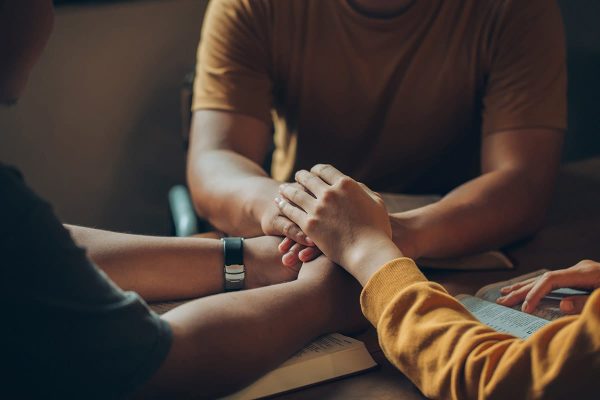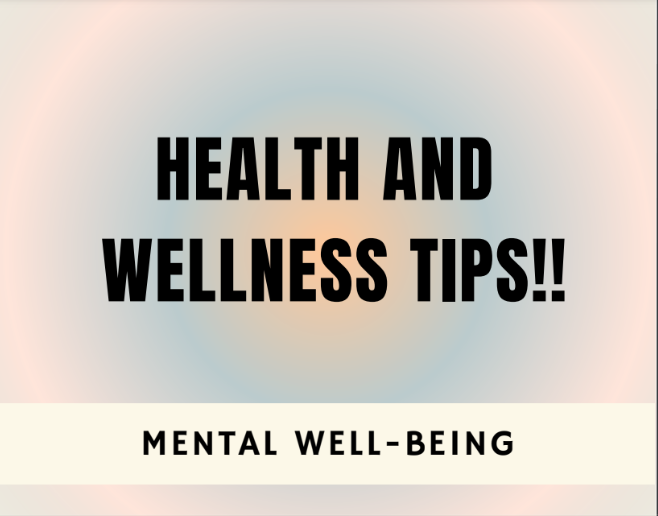The Initial Feeling
Grief is a natural response to loss and can develop in many different ways, such as sadness, anger, guilt, and even physical symptoms such as fatigue. It is important for somebody to recognize and accept these feelings rather than suppressing them. Talking to a trusted friend, family member, or even a mental health professional can provide crucial support during this time. There are many different ways to cope and there isn’t a single wrong one.
Seeking Support
 No one should have to grieve alone, talking to friends and family can greatly help deal with your emotions during a tough time. Sharing memories and emotions with others who have experienced similar losses can help alleviate feelings of isolation. A community is a great resource for helping to overcome this grief. Additionally, professionals offer valuable resources that will help guide you through this journey.
No one should have to grieve alone, talking to friends and family can greatly help deal with your emotions during a tough time. Sharing memories and emotions with others who have experienced similar losses can help alleviate feelings of isolation. A community is a great resource for helping to overcome this grief. Additionally, professionals offer valuable resources that will help guide you through this journey.
Healthy Coping Mechanisms
While it may be tempting to resort to unhealthy coping strategies such as isolating oneself, it is essential to adopt healthy coping strategies. Engaging in activities such as exercise, journaling, or even a creative project can help alleviate stress and emotional well-being. Setting time aside for your own self-care and mindfulness each day will eventually lead you to overcome this stage of grief.
Overall, grief is not the end of your journey, but a part of it. Reach out to a friend if you know they have recently encountered a loss. It is always a good idea to check up on friends. It may not be easy, but with the help of multiple support outlets, you can find comfort and become even more resilient.








